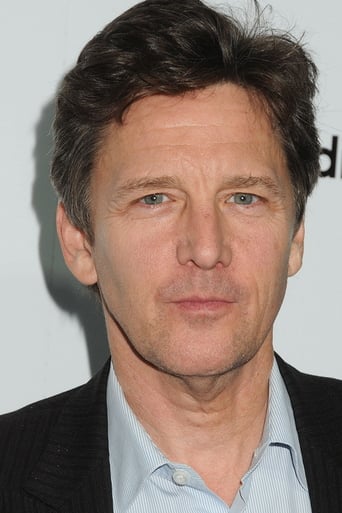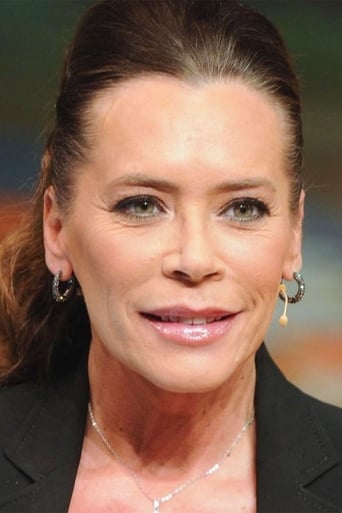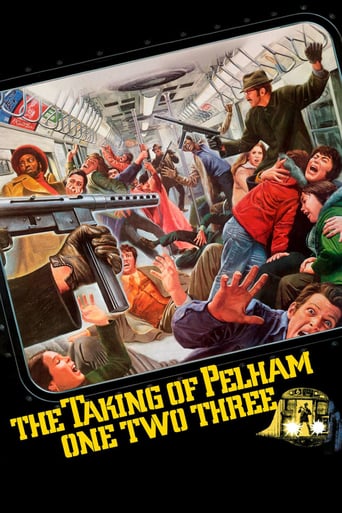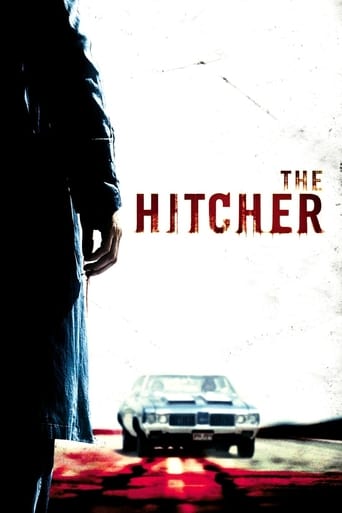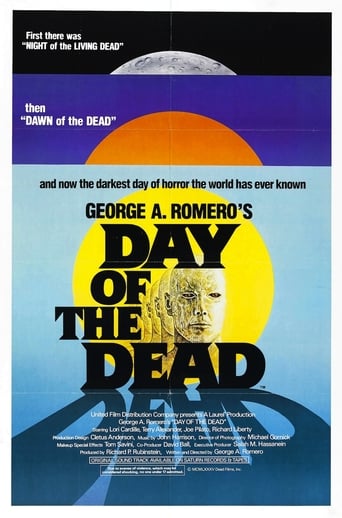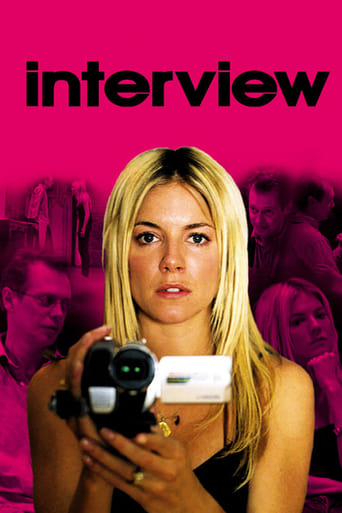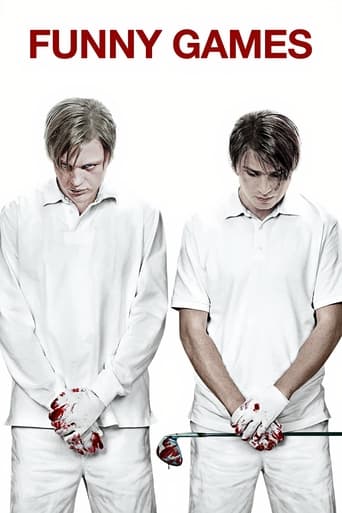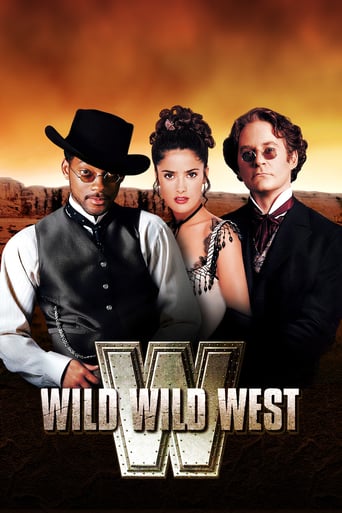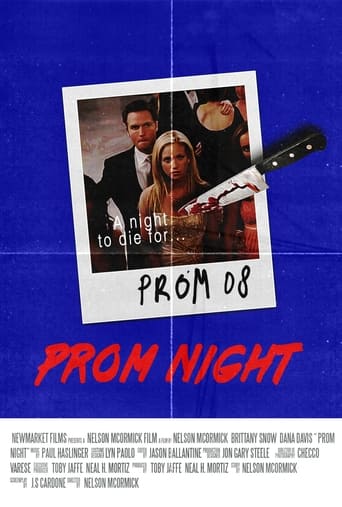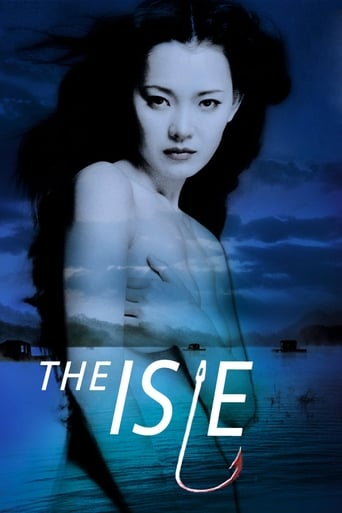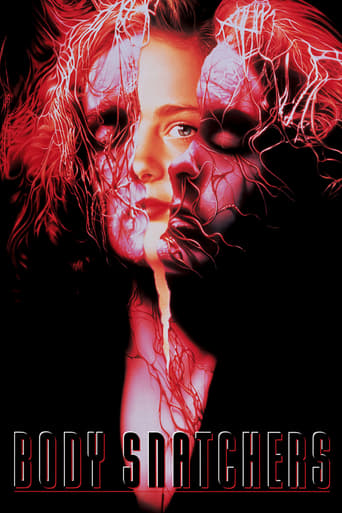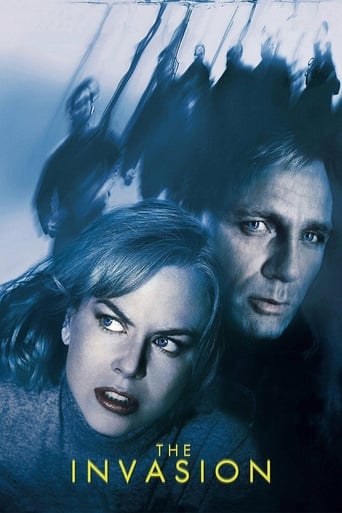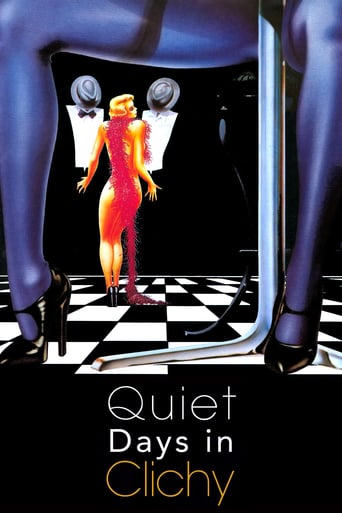
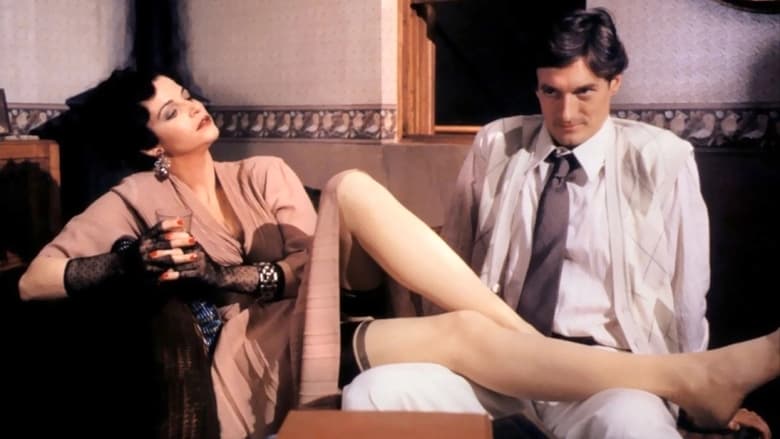
Quiet Days in Clichy (1990)
Expatriate Henry Miller indulges in a variety of sexual escapades while struggling to establish himself as a serious writer in Paris.
Watch Trailer
Cast


Similar titles
Reviews
I like the storyline of this show,it attract me so much
It's not great by any means, but it's a pretty good movie that didn't leave me filled with regret for investing time in it.
Ok... Let's be honest. It cannot be the best movie but is quite enjoyable. The movie has the potential to develop a great plot for future movies
While it doesn't offer any answers, it both thrills and makes you think.
This one is, by far, the most surprising project to be tackled by Claude Chabrol and one that seems to be greatly despised by devotees of Henry Miller (author of the autobiographical source). Being an aficionado of the French director myself (especially after going through the current comprehensive tribute and even if I omitted several of his best-regarded work, with which I was already familiar), I give no weight to such criticisms and, frankly, having preceded this with the vulgar 1970 Danish version, Chabrol's stylish treatment of the same material grew that much more in my estimation (despite this being a rather choppy edition, since it loses some 20 minutes from the original running-time)! If anything, the film under review is far closer in look and approach to Philip Kaufman's biopic HENRY & JUNE (1990), a portrait of the life and times of the taboo-breaking novelist himself, than the earlier cinematic rendition! Whenever he chose to make period pieces, Chabrol always managed a detailed evocation of time and place: here, he seems to be particularly inspired by the ornate production design (not least a flashback/fantasy structure set in a desert limbo that recalls the "Angel Of Death" sequences in Bob Fosse's autobiographical ALL THAT JAZZ [1979]), which provide a striking visual backdrop to the necessarily candid narrative. That said, the ample nudity (in this case, all the women are gorgeous) and potential tastelessness (the two protagonists simultaneously marry an underage girl, who is also not the retard depicted in the earlier version) are handled with sensitivity, eschewing sensationalism to the point of them appearing quite natural!Incidentally, the loosely-related events of the original (and, presumably, the book) are presented here in a fairly organized manner and, while the whole may still feel insufficiently interesting (as per the "Cult Filmz" website), they certainly hold one's attention much more than before. One of the thorns in the side of Miller fans here is the central casting, which I admit Chabrol could have improved upon, and also the way that their constant penury is basically ignored in this version (while adding a political subtext in its latter stages). That said, Andrew McCarthy (looking quite a bit like Johnny Depp!) is better than one could have anticipated in the role of Miller's alter-ego Joey, while Nigel Havers is appropriately urbane as his more experienced pal Carl. By the way, one of the venues where McCarthy goes for a pick-up is a cinema which is screening Fritz Lang's THE TESTAMENT OF DR. MABUSE (1933) – this is not only in keeping with Chabrol's renowned admiration for the Austrian master film-maker but also foreshadows his very next effort, DR. M (1990), in which McCarthy himself appears in a bit part! As I said earlier, the gallery of attractive females is given its due here: Barbara De Rossi (as McCarthy/Miller's true love Nys, though she finally opts for security with mild-mannered Dominique Zardi, a Chabrol fixture), Stephanie Cotta (as the teenage temptress Colette – even lustfully ogled by middle-aged aristocrat Mario Adorf), Eva Grimaldi, Anna Galiena (perhaps coming off best as the client who demands payment for her services at gunpoint – a scene which turns up towards the end here whereas it opened the 1970 version!) and, of course, the ubiquitous Stephane Audran – the former Mrs. Chabrol and whom he apparently still could not do without, at least in his films – as a sprightly Madame. Ultimately, therefore, while I was all prepared to hate this going in - after having bumpily made it through the 1970 original - and denounce it as a huge mistake for Chabrol, I have to say that I was sufficiently entertained and titillated by the (pardon the pun) heady cocktail of sex and death.
This film is to be avoided by anyone wanting to see something worthwhile. If you are a Chabrol aficionado, well, you might just want to quench your thirst on completing your knowledge of his filmography. Chabrol totally misses the point of the novel. Although he interestingly casts the two main characters as somewhat resembling the original Jens Thorsen film main actors. Nothing of the situationist atmosphere of the book and the 1970s film is preserved. The plot is located in the 20ies/30ies with some nonsense political threads thrown in. The 70ies film apparently was reshaped to the 50ies/60ies (without much mention, but the street scenes would suggest so) - and that actually made more sense. Chabrol invents two threads of a night club and the dying Miller which just don't make it and turns the film into a tedious experience of wannabe cinematographic art. Having re-written the plot does not help anything in this flick - it finally just goes nowhere at all. Waste of money and waste of time. Take to the UK original version of Jens Thorsen in any case, even if this is VERY bleak and 70ies-ish. If I were Henry Miller, I would have shot Chabrol for this. Another thing I cannot understand is the rating. NOTHING in this film justifies and 16 or even 18-up rating. The French rated it at 12+ which is about what it deserves. *grumble*
Henry Miller, the famous nefarious American writer in the twilight years remembers his youth spent in Paris at the dawn of the thirties. A life of debauchery guided by the search for rapture and intense pleasure of the senses through sex, food and literature (he was a profound admirer of Marcel Proust).Amid a bushy and patchy filmography, Claude Chabrol admits liking this movie very much. That this movie makes him feel good is a mystery to me for it showcases none interest. His lack of input in his film, even his absence in the directing are blatant. He shot in a glib way an amorphous biopic to which one doesn't succeed in getting interested beyond the first ten minutes. The characters (Henry "Joey" Miller, Alfred "Carl" Perlès, Colette Ducarouge) have little depth and thickness and their acting mainly consist in wandering from brothel to brothel, from restaurant to restaurant (as Chabrol's inclination for gastronomy has it) and from flat to apartment. Probably to obey to the famous Latin expression "Carpe Diem". The action is sluggish and it's nearly a feat that the filmmaker could stretch his film for two hours with such a thin, stale, repetitive screenplay. It's all the more infuriating as the scenario doesn't live up to some heaven-sent opportunities. The ones through which one could have remembered Chabrol's trademark like unearth the hateful flaws of a posh bourgeoisie. But alas, Chabrol contented himself to skim over this point. Bereft of this asset which might have justify the vision of this film and of rigor, Chabrol installs the audience in a deep torpor and one stays out of this derivative picture of the Paris during the Roaring Twenties.The cast is totally undistinguished, a far cry from Chabrol's great family like Jean-Claude Brialy, Michel Bouquet, Jean Poiret or Isabelle Huppert. Yes, the luminary Stéphane Audran is part of the cast but she's completely wasted in a role unworthy of her skills. Anna Galiena is also included in the cast but she will be given the chance to shine the same year with Patrice Leconte's dreamy "Mari De La Coiffeuse".Chabrol beat his dead horse with this mediocre commissioned film which is now in limbo. Anyway, 1990 was a dreadful vintage for him with these "quiet days in Clichy" and also with another fiasco the same year: "Dr. M".
As a big fan of Henry Miller, I must vehemently trash this movie. The director misses the point of the novel completely, and instead INVENTS a tediously pretentious story around the most basic elements of Miller's book. It's an embarrassment, really. Miller and Carl's poverty is such a factor in the book, yet the movie's setting is extravagant and overblown. I had thought that the 1970 version was a poor facsimilie, but I see that that film at least attempted to capture the down-and-out feel of the book, the crudeness of Miller's language in that particular telling, and made some effort to follow the plot of the book. Andrew McCarthy is a snivelling newt with no charisma. McCarthy as Miller? I was cringing the entire time. I couldn't even bear to fast-forward the second half of this version. Dear god, avoid this waste of everyone's time. Why did the director even bother?


